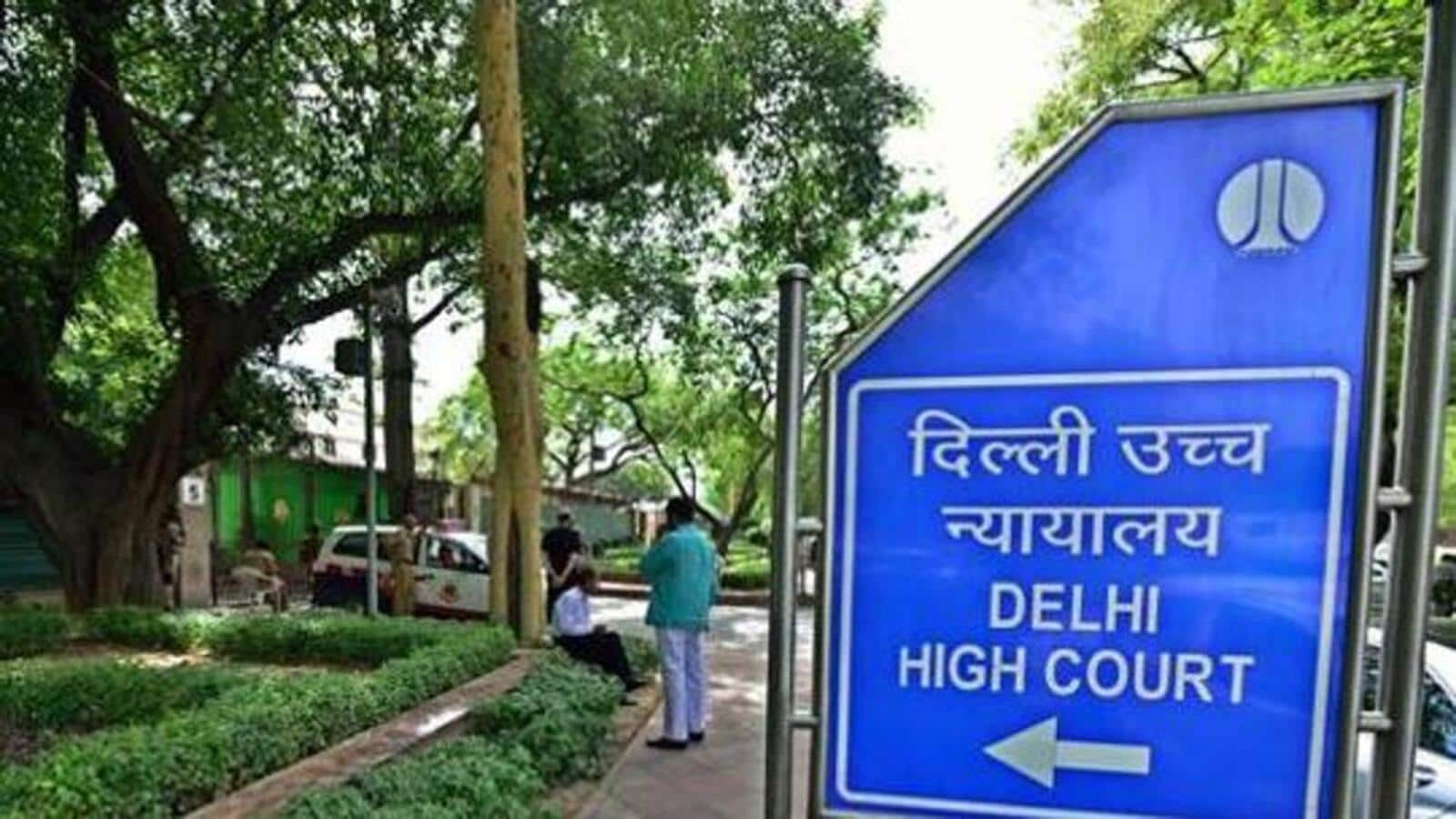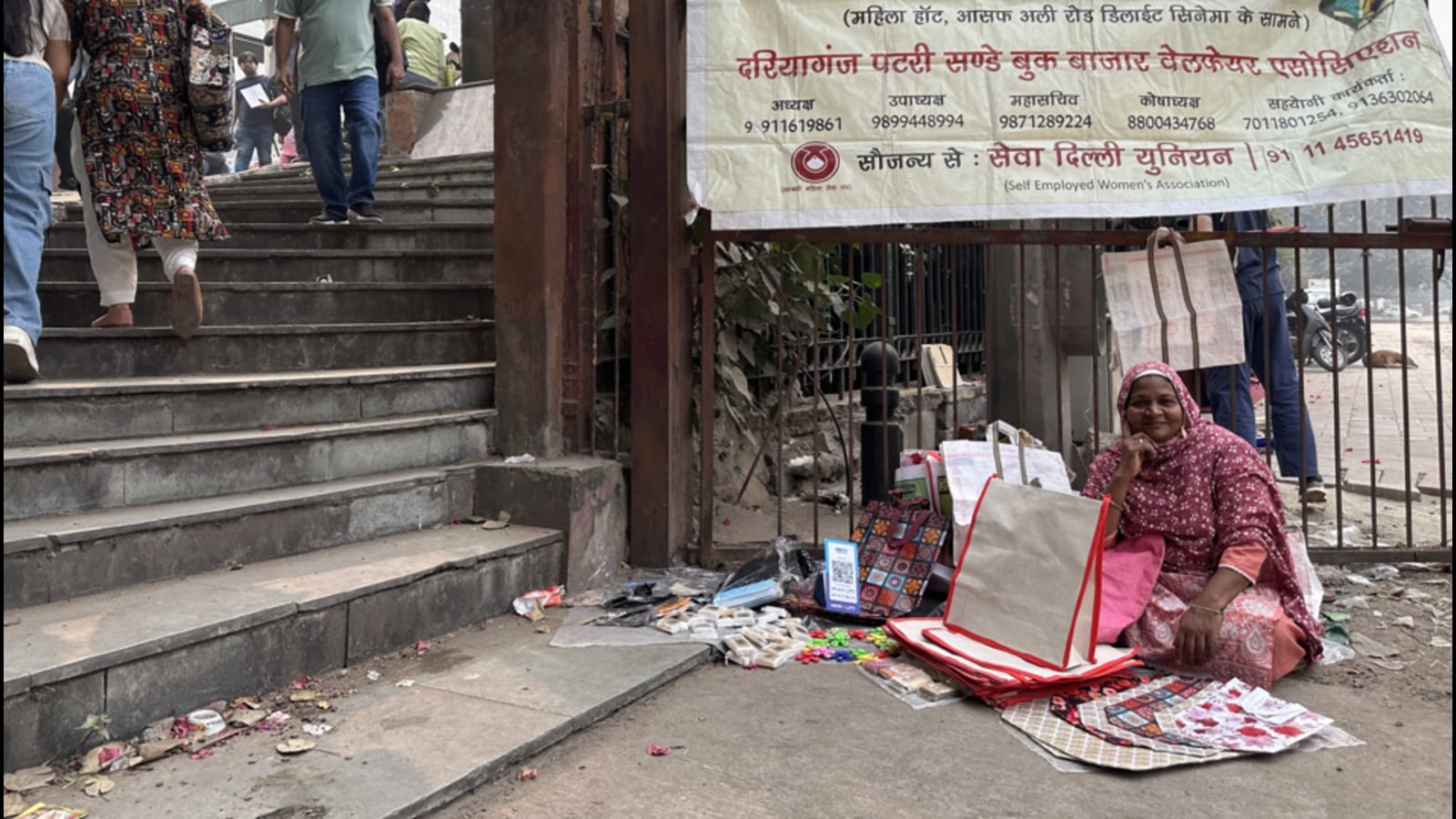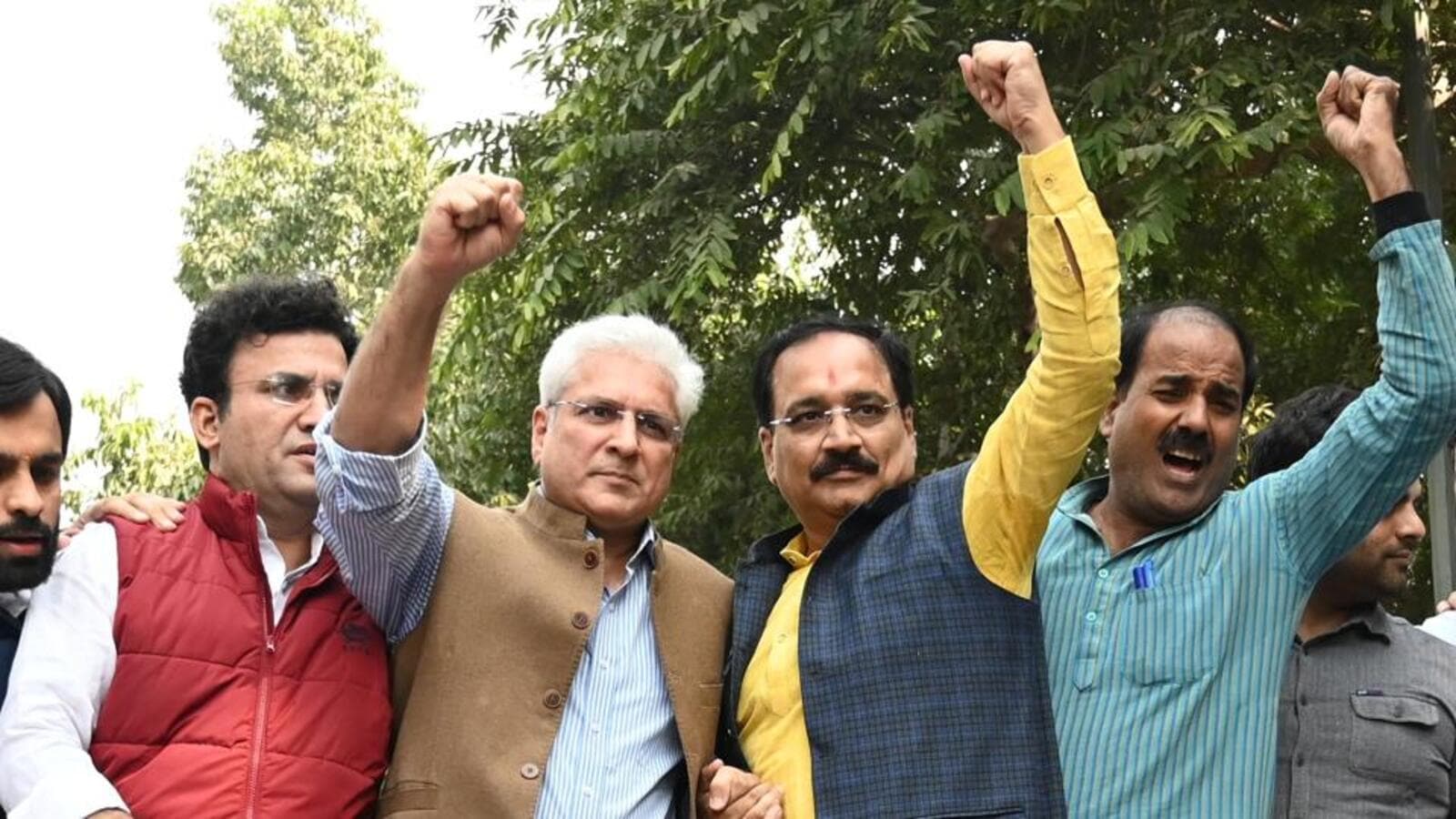New Delhi

The Delhi high court has directed Delhi Police to update the arrest memo used by its officers while arresting people, adding a column to record the grounds of arrest, underscoring the significance behind this information.
A bench of justice Dinesh Kumar Sharma opined that providing the grounds of arrest to the person being arrested is of utmost sanctity and significance as the information serves as a fundamental basis for the arrested individual to seek legal advice, challenge remand and apply for bail.
In its 21-page order, justice Sharma opined that the update was imperative to ensure effective compliance with section 47 of the Bharatiya Nagarik Suraksha Sanhita (BNSS), which replaced the Code of Criminal Procedure (CrPC). The said section mandates police officers who arrest a person without warrants to forthwith communicate to the arrestee, the grounds of arrest and the right to bail.
“It is a settled proposition that the absence of specific grounds of arrest violates statutory and constitutional rights under Section 50 of Cr.P.C. and Article 22(1) of the Constitution. Any person has a fundamental and a statutory right to be informed about the grounds of arrest in writing and a copy of such written grounds of arrest have to be furnished to the arrested person as a matter of course and without exception at the earliest,” the court said in its November 18 order.
The bench added, “The purpose of informing to the arrested person the grounds of arrest is salutary and sacrosanct inasmuch as this information would be the only effective means for the arrested person to consult his advocate; oppose the police custody remand and to seek bail. This court is of the opinion that there is an urgent need to update the Arrest Memo Forms being used.”
The court stressed the need to supply grounds of arrest while responding to a plea filed by a man seeking to declare his arrest illegal in a rape case. In his petition before the high court, the man asserted that his arrest was carried out in contravention of the principles of law as the agency failed to convey the grounds of arrest to him. Failure to convey, the man in his plea claimed, violated the mandatory requirements laid down under section 50 of the CrPC and the constitutional safeguards as provided under article 22 of the Constitution.
Opposing the petition, Delhi Police, represented by additional standing counsel Rahul Tyagi submitted that though the arrest memo did not explicitly state the grounds of arrest specific to the man, the same were duly conveyed to him and were also elaborated in the remand application. He further pointed out that though the FIR in the case was registered in January 2023, the man was arrested only in November 2024, due to his non-cooperation during the investigation and the same was deemed necessary to facilitate the investigation.
Consequently, the court ordered the man’s release on a personal bond of ₹50,000/-, noting that the arrest memo failed to communicate the grounds of arrest in relation to the man. The court said that the omission constituted a “direct violation” of the statutory right enshrined under section 50 of CrPC.












Leave a Reply